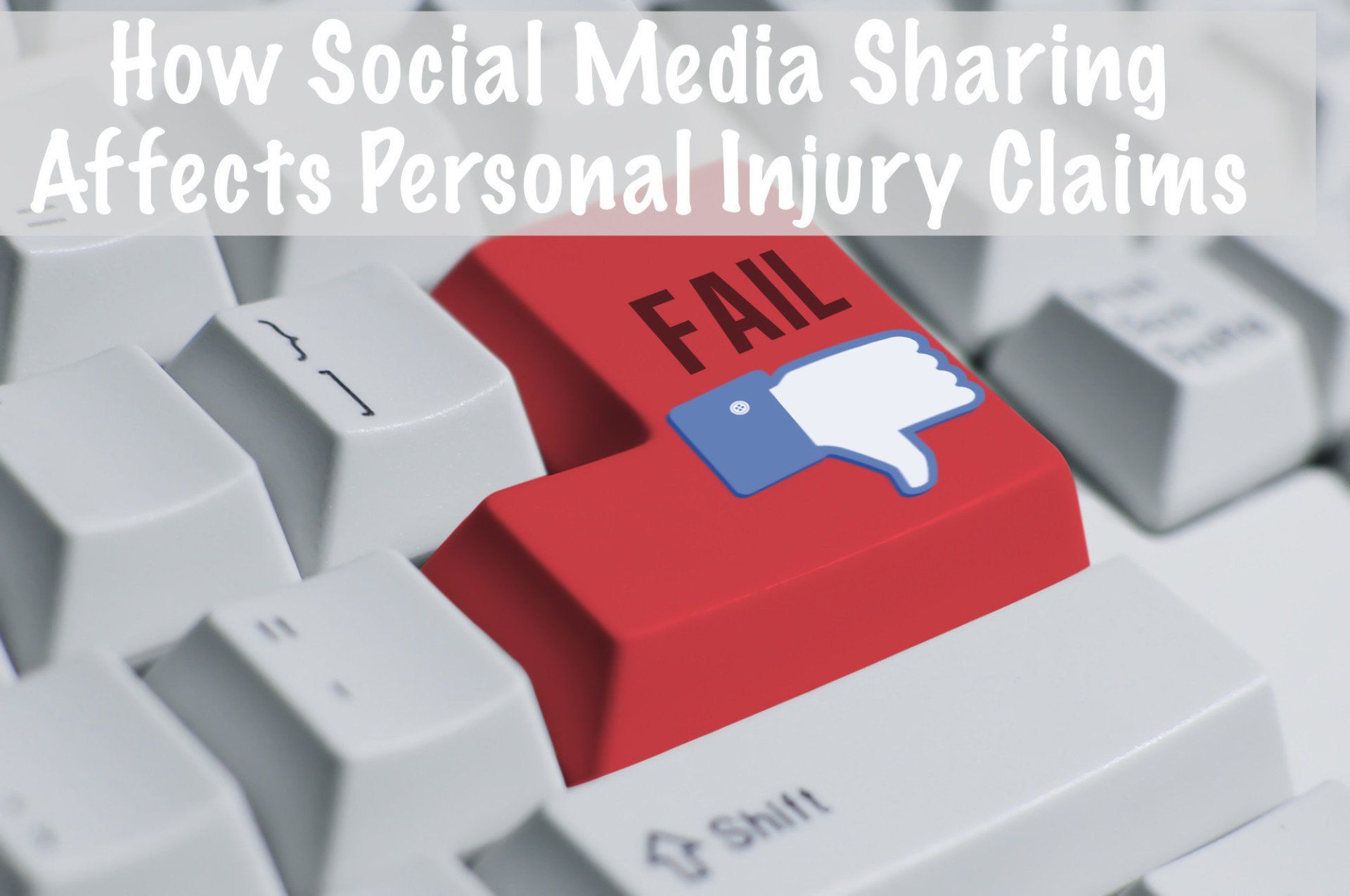How Worker's Compensation Doctors Can Make or Break Your Claim
Rick Koenig, Attorney • August 7, 2019
Wondering what to expect from worker's compensation doctors- do they really care about your medical claim? Here's everything you should know

2.8 million nonfatal workplace injuries and illnesses in private industries alone in 2017, according to the most recently reported statistics from the U.S. Bureau of Labor Statistics.
In these cases, employees usually have two options. Either sue their employer or file a claim for workers compensation.
When opting to make a workers comp claim, there are things the employee needs to know about workers compensation doctors.
Read on to learn what you need to know to make sure you receive the reimbursement you deserve and that your claim does not get denied.
What are Workers Compensation Doctors?
Workers compensation doctors are doctors who treat employees who suffer a work-related injury or illness. The doctors are chosen by the employee's employer or the employer's workers compensation insurance carrier.
Some states require employees to see workers compensation doctors, either for the initial visit or for their entire treatment.
In other states, like Missouri, employees have an option to be treated by a doctor of their own choice. But they must pay for it themselves, without reimbursement from their own health insurance.
Since this option isn't available to very many, most employees are treated by workers compensation doctors.
How Your Workers Comp Doctor Can Affect Your Claim
You need to work closely with your workman's comp doctors to make sure their records reflect completely when and how you were injured.
When the workers' compensation board reviews your claim, your workers' comp doctors reports will be the main evidence they use to decide how much your claim is worth.
Here's what your workers' comp doctors need to do to help your case, when necessary. If they don't, they will hurt your claim.
Document the Injury/Illness Happened at Work
Your medical records need to include the information that your injuries/illness occurred during work-related activities.
So on your initial visit tell your doctor that your injuries/illness occurred during your employment. Repeat this information every time you visit any doctor treating you for related injuries or illnesses, even if it is a doctor you've seen before for the same injuries/illnesses.
Workers compensation is a no-fault insurance policy. This means you are entitled to reimbursement no matter who was at fault for your injuries.
Some employees are concerned about filing a workers' compensation claim because they are afraid of upsetting their employer. Don't be! There are laws that protect you from employer retaliation.
It is very important that you are upfront with all your workers' comp doctors that you were hurt at work, when you were hurt, and how you were hurt.
Failure to prove your injuries were work-related is one of the most common reasons a claim is denied. So you need this information to be in your medical record file, so don't be afraid to let them know!
Completely Document All Injuries/Illnesses
To prove your workers' comp claim, you need your doctor to note each of your symptoms in full, for every injured part of your body.
For example, if you tell them you hurt your lower back, left wrist, and left hip during a fall, their records need to address each of those complaints and their record needs to track your recovery from each of those injuries.
They also need to note what you told them at each visit in regards to where and how much you were feeling pain, stiffness, or other symptoms of your injuries.
If your doctor refers you to physical therapy, you will need to make those appointments and provide proof that you followed your doctor's orders.
The workers' compensation board is going to want to see how much pain you were in and for how long. They will also determine whether you will have any continuing pain or limitation once you have completed all treatments prescribed by your doctor.
Refer You for Further Treatment or a Specialist
When appropriate, it is imperative that your workers' comp doctor refer you for further treatment or to a specialist, when appropriate.
Their failure to have you get an MRI or Catscan, for example, may not uncover more serious health issues than your doctor diagnosed.
Also, some injuries and illnesses need a second opinion and/or medical treatment from a specialist to fully address your claim.
If you are not diagnosed for all related issues involved in your claim it may mean you aren't fully compensated by workers comp. It may also leave these uncovered issues open as a pre-existing condition if you are later hurt in the same part of your body.
What You Need to Know About Independent Medical Exams
A workers comp insurance carrier may request an employee attend an independent medical exam. Although worded as a request, it is not. If you fail to allow their IME doctor to examine you, the workers' compensation board may deny your claim.
There are various reasons for these exams. Such as when treatment continues longer than the insurance company feels is appropriate. Or the employee's doctor recommends special tests or surgery.
These doctors get paid by the worker comp carrier and their job is to find fault with what you and your doctors have said about your injury/illness. They will exam you and your medical records.
This is another reason why making sure your workers' comp doctors completely document your injuries/illness.
Consult with Us Today About Your Work-Related Injury
A workplace injury or illness requires prompt action. There are time restrictions you need to meet.
You also need to make sure all your injuries get documented so you get all entitled to reimbursements.
Contact us today! We can guide you through the entire process of dealing with workers compensation doctors and your claim.







